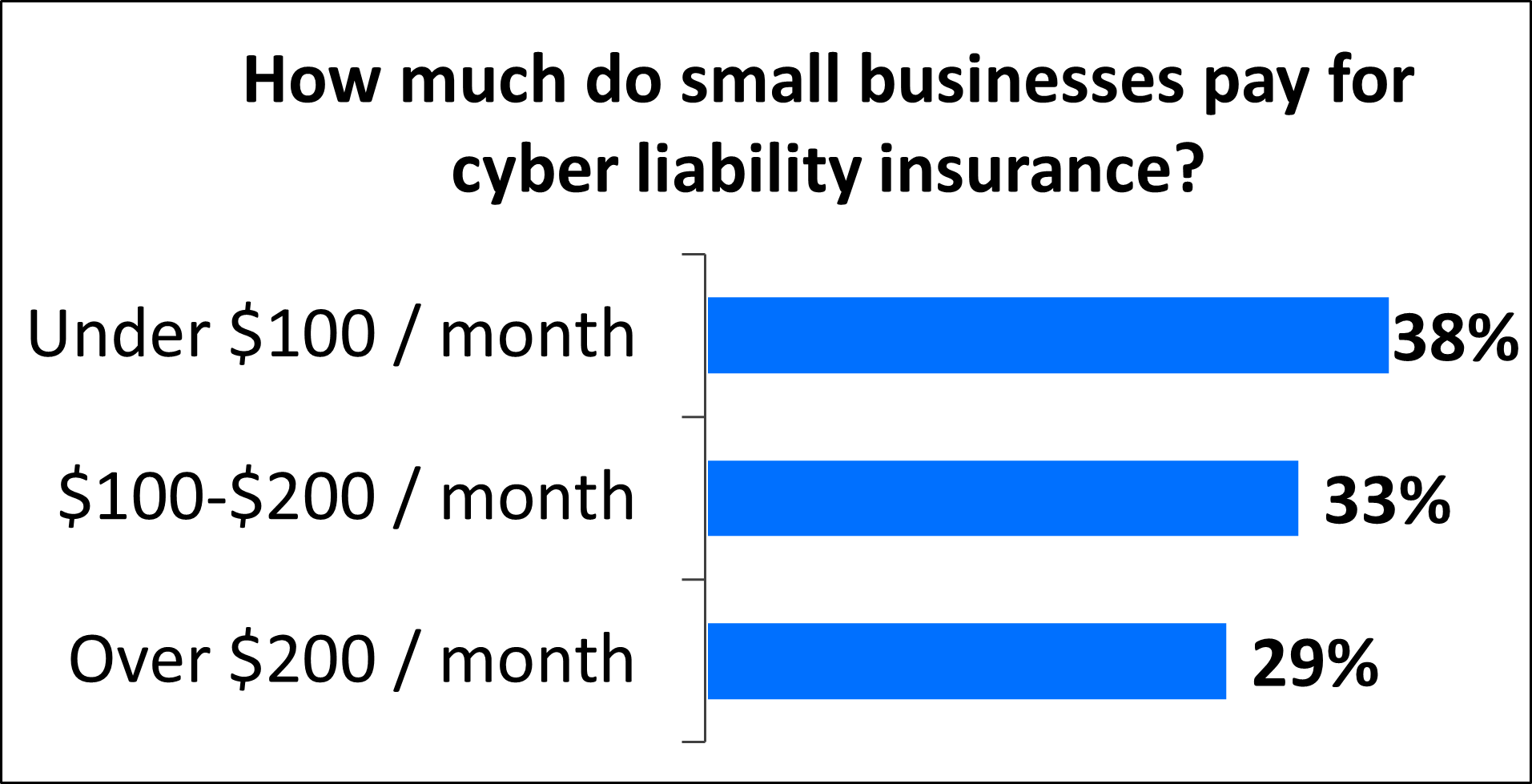Alice's Email Insights
Exploring the world of email communication and technology.
Cyber Liability Insurance: Your Business's Unsung Hero
Discover why cyber liability insurance is your business's secret weapon against digital threats and costly breaches. Safeguard your future today!
Understanding Cyber Liability Insurance: What Every Business Needs to Know
In today's digital landscape, understanding cyber liability insurance is crucial for any business. This type of insurance provides coverage for financial losses incurred due to data breaches, cyberattacks, and other online threats. With the increasing frequency of cyber incidents, organizations must recognize the importance of having a comprehensive insurance policy that addresses both third-party claims and first-party expenses. According to the CSO Online, 60% of small businesses close within six months of a cyberattack, emphasizing the need for robust protection.
When evaluating cyber liability insurance, businesses should consider several key factors. First, assess your company's exposure to cyber risks, including the sensitivity of the data you handle and the potential impact of a breach. Next, look for a policy that offers coverage for a range of incidents, from data breaches to business interruption. It's also wise to examine the claims process and the insurer’s reputation in the market. For a deeper understanding of what to look for in a policy, visit The Balance.

Top 5 Myths About Cyber Liability Insurance Debunked
Cyber liability insurance is often surrounded by misconceptions that can lead businesses to underestimate its importance. One of the most common myths is that only large companies need this type of coverage. In reality, cyber threats affect businesses of all sizes, and even small businesses are prime targets for cyberattacks. Organizations may think they are too insignificant to be hacked, but statistics show that 43% of cyberattacks target small businesses, making it crucial for all organizations to consider the implications of a data breach.
Another prevalent myth is that purchasing a cyber liability insurance policy alone will solve all cybersecurity problems. While such insurance can provide critical financial support and risk management, it should not replace proactive cybersecurity measures. Companies must invest in employee training, implement robust security protocols, and regularly update their technology to effectively mitigate risks. Effective cybersecurity is a combination of insurance coverage and preventive measures, and understanding this balance is key to protecting sensitive information.
Is Your Business at Risk? Assessing the Need for Cyber Liability Insurance
In today's digital landscape, nearly every business is vulnerable to a myriad of cyber threats, including data breaches, ransomware attacks, and identity theft. With the increasing frequency of these incidents, assessing whether cyber liability insurance is necessary for your business has never been more critical. A comprehensive coverage plan can provide the financial protection needed to mitigate the impact of a cyber incident. As reported by the CMS Wire, companies face not only the immediate costs of data breaches but also potential lawsuits, regulatory fines, and lost business revenue.
It’s essential to evaluate the specific risks your business faces and understand how cyber liability insurance could safeguard against these threats. Consider the following factors when assessing your need:
- Type of data you handle (personal, financial, etc.)
- Size of your business and its digital footprint
- Previous history of cyber incidents
- Your industry’s regulatory requirements